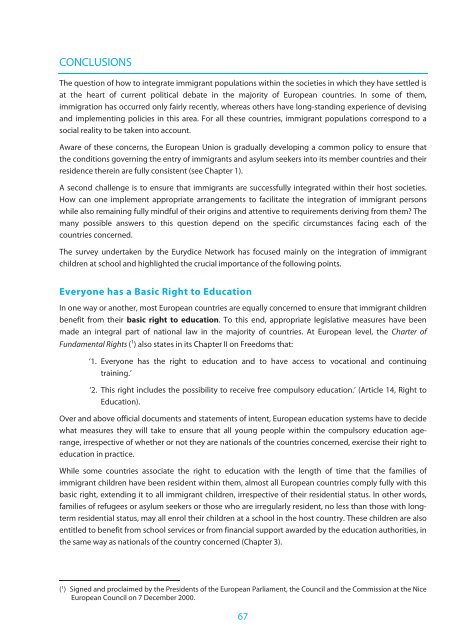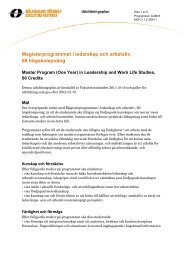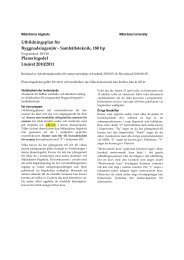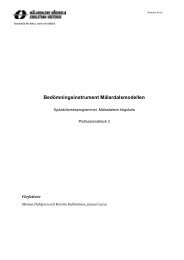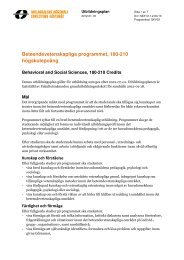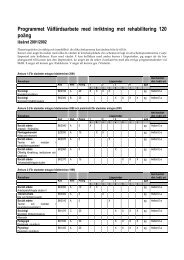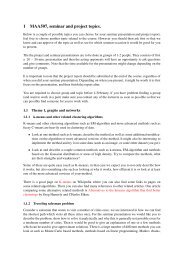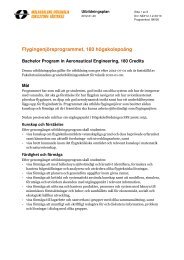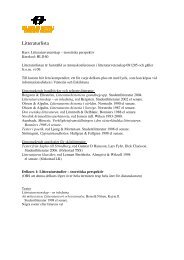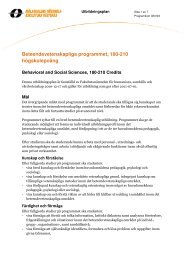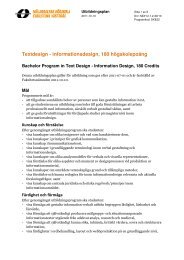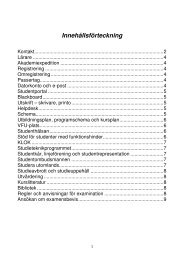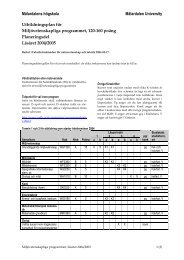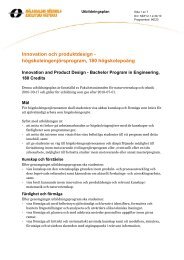Integrating Immigrant Children into Schools in Europe
Integrating Immigrant Children into Schools in Europe
Integrating Immigrant Children into Schools in Europe
Create successful ePaper yourself
Turn your PDF publications into a flip-book with our unique Google optimized e-Paper software.
CONCLUSIONSThe question of how to <strong>in</strong>tegrate immigrant populations with<strong>in</strong> the societies <strong>in</strong> which they have settled isat the heart of current political debate <strong>in</strong> the majority of <strong>Europe</strong>an countries. In some of them,immigration has occurred only fairly recently, whereas others have long-stand<strong>in</strong>g experience of devis<strong>in</strong>gand implement<strong>in</strong>g policies <strong>in</strong> this area. For all these countries, immigrant populations correspond to asocial reality to be taken <strong><strong>in</strong>to</strong> account.Aware of these concerns, the <strong>Europe</strong>an Union is gradually develop<strong>in</strong>g a common policy to ensure thatthe conditions govern<strong>in</strong>g the entry of immigrants and asylum seekers <strong><strong>in</strong>to</strong> its member countries and theirresidence there<strong>in</strong> are fully consistent (see Chapter 1).A second challenge is to ensure that immigrants are successfully <strong>in</strong>tegrated with<strong>in</strong> their host societies.How can one implement appropriate arrangements to facilitate the <strong>in</strong>tegration of immigrant personswhile also rema<strong>in</strong><strong>in</strong>g fully m<strong>in</strong>dful of their orig<strong>in</strong>s and attentive to requirements deriv<strong>in</strong>g from them? Themany possible answers to this question depend on the specific circumstances fac<strong>in</strong>g each of thecountries concerned.The survey undertaken by the Eurydice Network has focused ma<strong>in</strong>ly on the <strong>in</strong>tegration of immigrantchildren at school and highlighted the crucial importance of the follow<strong>in</strong>g po<strong>in</strong>ts.Everyone has a Basic Right to EducationIn one way or another, most <strong>Europe</strong>an countries are equally concerned to ensure that immigrant childrenbenefit from their basic right to education. To this end, appropriate legislative measures have beenmade an <strong>in</strong>tegral part of national law <strong>in</strong> the majority of countries. At <strong>Europe</strong>an level, the Charter ofFundamental Rights ( 1 ) also states <strong>in</strong> its Chapter II on Freedoms that:‘1. Everyone has the right to education and to have access to vocational and cont<strong>in</strong>u<strong>in</strong>gtra<strong>in</strong><strong>in</strong>g.’‘2. This right <strong>in</strong>cludes the possibility to receive free compulsory education.’ (Article 14, Right toEducation).Over and above official documents and statements of <strong>in</strong>tent, <strong>Europe</strong>an education systems have to decidewhat measures they will take to ensure that all young people with<strong>in</strong> the compulsory education agerange,irrespective of whether or not they are nationals of the countries concerned, exercise their right toeducation <strong>in</strong> practice.While some countries associate the right to education with the length of time that the families ofimmigrant children have been resident with<strong>in</strong> them, almost all <strong>Europe</strong>an countries comply fully with thisbasic right, extend<strong>in</strong>g it to all immigrant children, irrespective of their residential status. In other words,families of refugees or asylum seekers or those who are irregularly resident, no less than those with longtermresidential status, may all enrol their children at a school <strong>in</strong> the host country. These children are alsoentitled to benefit from school services or from f<strong>in</strong>ancial support awarded by the education authorities, <strong>in</strong>the same way as nationals of the country concerned (Chapter 3).( 1 ) Signed and proclaimed by the Presidents of the <strong>Europe</strong>an Parliament, the Council and the Commission at the Nice<strong>Europe</strong>an Council on 7 December 2000.67


